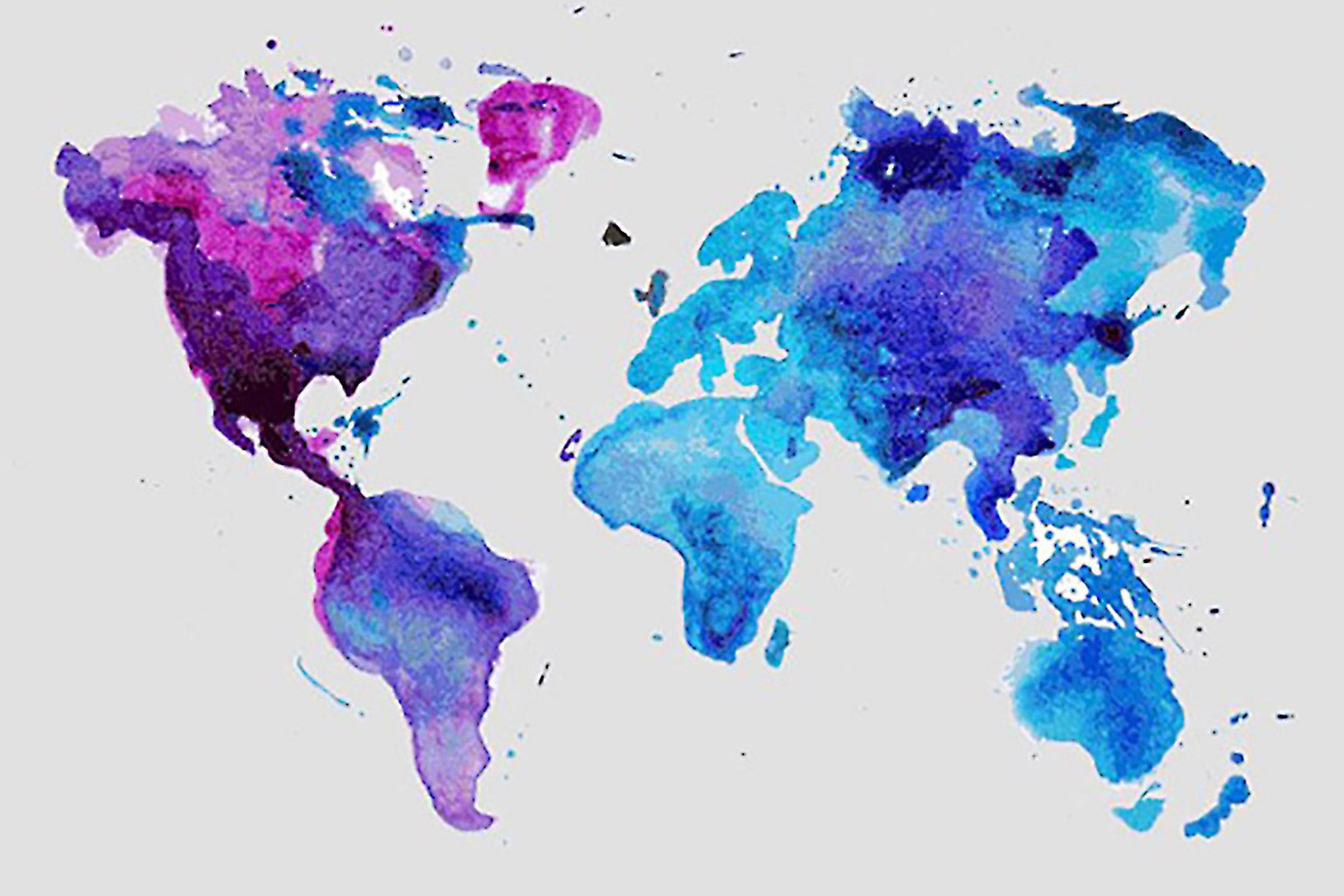Worried About 'Free Trade'? Let's Strive For 'Ethical Trade' Instead.Trade can bring many benefits. But it becomes problematic when 'more' trade is always considered better,
Opinions expressed by Entrepreneur contributors are their own.

It's no wonder that dialogue -- especially during this presidential election -- about the Trans-Pacific Partnership (TTP) has left us once again in the midst of a fierce debate over the pros and cons of free trade.
Related:Exporting is a Viable Sales-Growth Strategy for Early-Stage Startups
On one hand, trade can have a notably positive impact, bringing important goods and services to those who need them and allowing consumers to enjoy a wider variety of both, as well as creating jobs in the exporting and importing countries. When well executed, trade can be a means for reaching social and political goals by exporting values such as human rights and sustainable development, while helping to improve living conditions and general welfare.
But "free" trade is problematic when it becomes an end rather than a means for achieving these broader goals. It becomes problematic, too, whenmoretrade is always considered better, no matter what the consequences. Rather than improve employment, the casualties of more open trade can be viable wages and social cohesion.
Certainly, the term "free trade" sounds so positive. Yet, absent stipulations about social and environmental protections and labor standards -- and safeguards against aggravating the concentration of wealth and power -- "free trade" can actually do more harm than good to the majority of people.
Yes, free trade does enlarge corporations and does promote more millionaires, even billionaires. But it also promotes losses, huge ones.
Free trade can slow growth; threaten consumer, environmental, labor, social and taxation standards; and encourage unemployment, poverty and hunger. Consider the fallout from NAFTA: hundreds of thousands of well-paid jobs exported to Mexican sweatshops and millions of Mexican farmers who lost their livelihoods, unable to compete in the face of U.S. corn subsidies.
The TPP and TTIP
Then there's the United States' Trans-Pacific Partnership (TPP) with 12 Pacific Rim countries (signed last February and awaiting ratification) and the proposed Trans-Atlantic Trade and Investment Partnership (TTIP) between the United States and Europe.
Related:How Two New Trade Agreements Can Propel Your Growth
These agreements would similarly export industry and service jobs to lower-wage countries with less-stringent regulations. Cheaper goods, produced under far less stringent labor, social, environmental and tax conditions than occur in the United States, would "freely" enter the U.S. market, crowding out products from companies and countries with more conscientious and humane practices.
So, the question becomes: In the face of growing opposition against the globalization of . . . well, everything. . . how can we manage these circumstances without reverting to hard-core protectionism -- which would shut the door to the many more promising outcomes of cross-border collaboration?
首先,我们必须记住,“交易”不应该construed as an end in and of itself, but rather as one piece of the bigger picture aimed toward promoting the well-being of all -- as well as the health of our natural environment. This is what I refer to as "ethical trade." For policymakers, this requires linking trade agreements to these objectives by:
- Giving priority to maintaining the strength of local economies with good sustainability, labor and human rights conditions
Banning dumping in all areas
Making trade agreements contingent on human and labor rights as well as environmental standards.
Committing to helping close the gender gap in terms of income, property ownership and economic influence
Protecting cultural diversity.
Assuring that there occurs no differential treatment of high- and low- income countries.
Developing a licensing system for companies that want to access global markets and enjoy the benefits of free trade.
This latter goal can be accomplished, for example, by using a tool such as a common good balance sheet as a guide for investors, based on five fundamental values: human dignity, social justice, ecological sustainability, cooperation and transparency.
Given the current stalemate in negotiations for both the TTP and TTIP, it's clear that citizens are extremely anxious about the potential consequence of free trade. In the European Union alone, more than 3.5 million people have signed a petition calling for an end to the mandated TTIP negotiations.
To help make the negotiations process itself fairer and more democratic, the content of ethical trade agreements should be made available for review by each nation's population prior to any negotiations. In the United States, this could be accomplished through direct ballot questions rather than the usual (questionable) lobbying channels.
Related:The Challenges of Doing Business in Cuba
In contrast with today's win-lose or even lose-lose "free trade" system, ethical trade can be a win-win approach -- if we will only see it to fruition.











